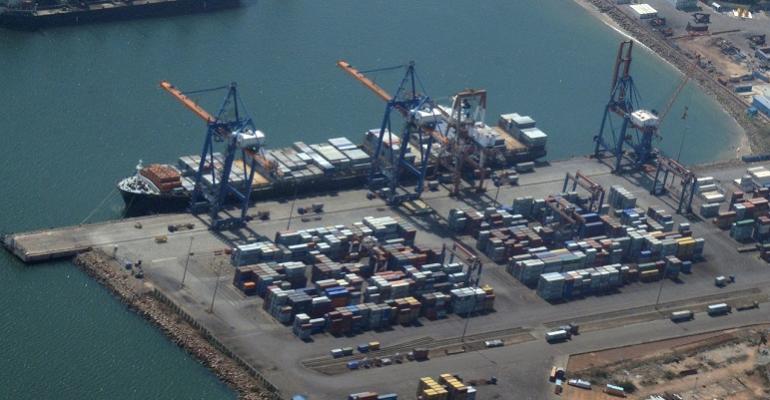There has been serious disruption in container movement due to reworked port rotations by container lines, the timing of the “skipped port calls” also coinciding with the typical financial year-end shipper rush to complete their order commitments.
Export-import imbalances have been widening, and are causing inventory stock-outs. A few mainline operators have made efforts to reposition empty boxes from the Middle East, but generally, vessels have been overbooked and often end up leaving containers behind, and forcing shippers to reroute their cargo through available shipping options for transshipment over Jebel Ali, Singapore or Port Klang.
Even the regional transhipment hub, Colombo, has been witness to skipped calls. As for Jawaharlal Nehru Port Trust (JNPT), the country’s premier container port handled 141 ship calls in February, compared with 154 calls in the previous month.
With a flurry of blank sailings in the offing and much lower inbound volumes, Indian shipping industry leaders generally expect container volumes to take a major hit during March and April (to the extent of 6-7%), but anticipate a strong turnaround thereafter, subject, of course, to the crisis easing.
Copyright © 2024. All rights reserved. Seatrade, a trading name of Informa Markets (UK) Limited.
Add Seatrade Maritime News to your Google News feed.  |

